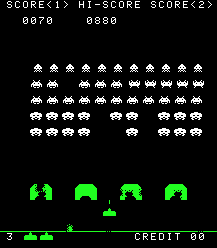It seems like every device you purchase nowadays is not actually yours. It's simply an interface to purchase more things through a restrictive scope of functionality. It shouldn't be the case that you are penalised by the item you buy. This almost validates why someone would prefer piracy over an inferior legitimate experience.
I bought a DVD of Zatoichi that almost mirrored this experience. When I inserted this legitimate copy into my machine and pressed play, the first thing I was welcomed with an unskippable message detailing that piracy is a crime.
Give that a moment to sink in ...
I bought a legitimate copy and I am treated like a pirate? Every time I see a message to that effect (especially when paying $20 at the cinemas), I get a strong impulse to penalise the company that subjects paying customers to this - in case you didn't notice, we are not the criminals. The pirates, meanwhile, are not being subjected to unskippable piracy messages as they are able to rip and cut that kind of crud out.
When modern TV's have the capability of technically blocking any signal that is not properly authenticated, music devices block content that wasn't purchased through their store and your game console blocks any movies, games and regions of software they deem invalid, something has to be wrong with the picture. When you purchase a modern-day electronic device, you have to agree to the terms of use, which invariably includes something along the lines of 'you agree to use this device as we see see fit'. I do not like this. Whether I have nefarious intentions or not, it should be my choice. The device should not dictate what I am allowed to do. Should it?





















